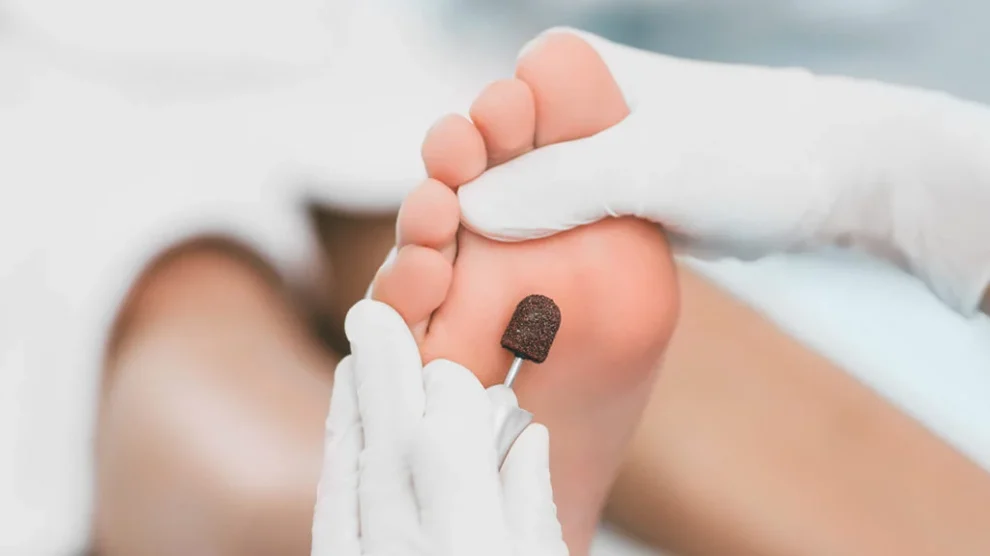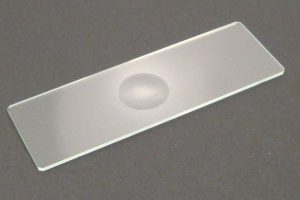The feet and the brain may seem worlds apart, but their connection is crucial. Foot health can reflect and impact neurological health. Conditions like flat feet The Woodlands can signal deeper issues. Understanding this link helps in diagnosing and managing health more effectively. Let’s explore how podiatry connects with neurological well-being.
The Role of Nerves in Foot Health
Nerves play a vital role in keeping our feet functioning. They carry messages from the brain to the feet and back. When nerves are damaged, it can lead to issues in both areas. For example, peripheral neuropathy often causes foot pain or numbness due to nerve damage. By managing nerve health, we support overall foot health.
Signs of Neurological Problems in the Feet
Early recognition of symptoms can prevent further complications. Here are three common signs:
- Unexplained tingling or numbness
- Burning sensations
- Sudden weakness or heaviness
These signs may suggest underlying neurological issues. Consulting a podiatrist can lead to earlier diagnosis and better management of these conditions.
Common Conditions Linking Feet and Neurology
The feet can provide clues about neurological health. Conditions like diabetes, multiple sclerosis, and Parkinson’s disease often impact foot health. For instance, diabetes can cause nerve damage, leading to foot complications. Recognizing these connections is key to effective treatment.
Data Table: Neurological Conditions and Foot Symptoms
| Neurological Condition | Common Foot Symptoms |
|---|---|
| Diabetes | Numbness, ulcers |
| Multiple Sclerosis | Weakness, instability |
| Parkinson’s Disease | Shuffling gait, stiffness |
Diagnostic and Treatment Approaches
Identifying the right diagnostic tools and treatment methods is essential. Here are three steps often involved:
- Conducting nerve tests to check for damage
- Using imaging techniques like MRI for detailed views
- Implementing lifestyle changes and physical therapy
These steps help in accurate diagnosis and effective management.
Why Regular Podiatry Visits Matter
Regular check-ups with a podiatrist can catch issues early. Routine care is more effective after treatment. Podiatrists can provide guidance on foot care, monitor changes, and suggest interventions to maintain neurological health. The National Institute of Neurological Disorders and Stroke highlights the importance of early diagnosis in preventing complications.
Conclusion: The Path Forward
Understanding the connection between podiatry and neurological health can lead to better outcomes. By keeping an eye on foot health, we can gain insights into our overall neurological well-being. Taking proactive steps in foot care is a pathway to healthier living.









